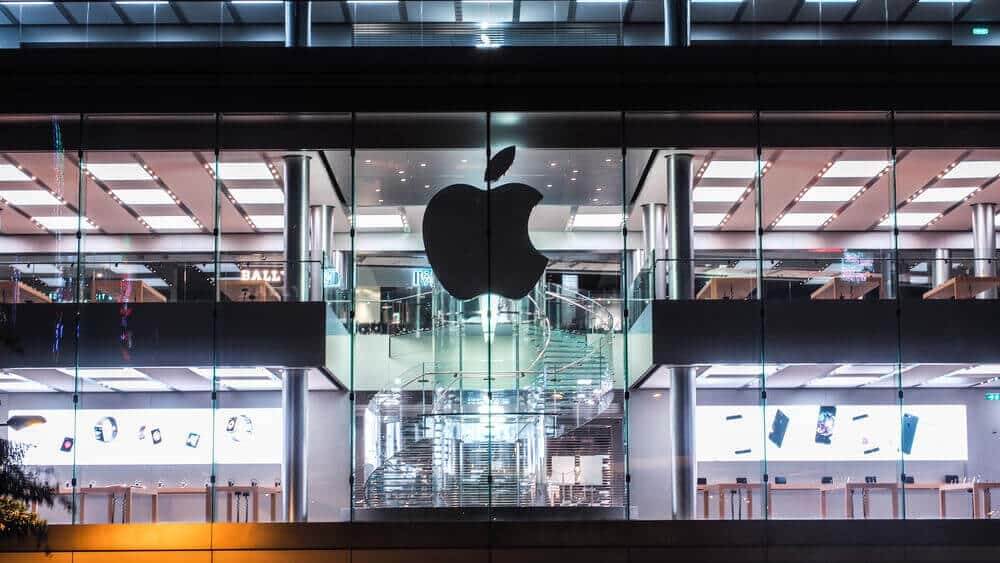Quick look
- Apple lifted the block on Epic Games, allowing it to launch its online marketplace in Europe.
- This decision comes after the E.U. enforced the DMA, targeting big tech monopolies.
- Epic lost its U.S. antitrust case against Apple but continues challenging its policies, citing E.U. laws.
- Roku introduces contentious dispute resolution terms, impacting user access to its services.
- A significant data leak from Y.X. International exposed two-factor authentication codes for major tech platforms.
- Elon Musk files a lawsuit against OpenAI, alleging a shift from its original non-profit mission.
Apple recently reversed its stance, allowing Epic Games to proceed with its plans to launch an online marketplace for iPhones and iPads in Europe. This change follows intense legal disputes and the European Union’s implementation of the Digital Markets Act (DMA), aimed at dismantling digital monopolies by companies like Apple and Google. Despite Epic losing its U.S. antitrust battle, this move signifies a potential shift in how tech giants operate within the E.U.
Regulatory Impact and the Digital Markets Act
The DMA has pushed Apple to adjust its policies, particularly after E.U. industry chief Thierry Breton’s involvement. Apple’s initial decision to block Epic’s marketplace endeavoured to maintain its control over app distribution. However, the new E.U. regulations and subsequent pressure have led Apple to backtrack, allowing third-party stores and potentially altering the landscape of app distribution in Europe.
The Continuing Epic-Apple Saga and Broader Tech Tensions
Beyond Epic and Apple, the tech industry faces various challenges, including disputes over Roku’s user agreement changes and significant security breaches like the leak from Y.X. International. Elon Musk’s lawsuit against OpenAI also highlights growing concerns about tech organizations’ ethics and missions. These events underscore the ongoing negotiations between maintaining corporate control, regulatory compliance, and pursuing innovation and security in the digital age.
The Effects of Legal and Regulatory Shifts
As companies navigate these legal and regulatory frameworks, the outcomes of such disputes will likely influence future policies, market access, and the competitive dynamics among tech giants. The Epic-Apple case, in particular, may set precedents for how apps and marketplaces operate, challenging established norms and encouraging more open digital environments.











